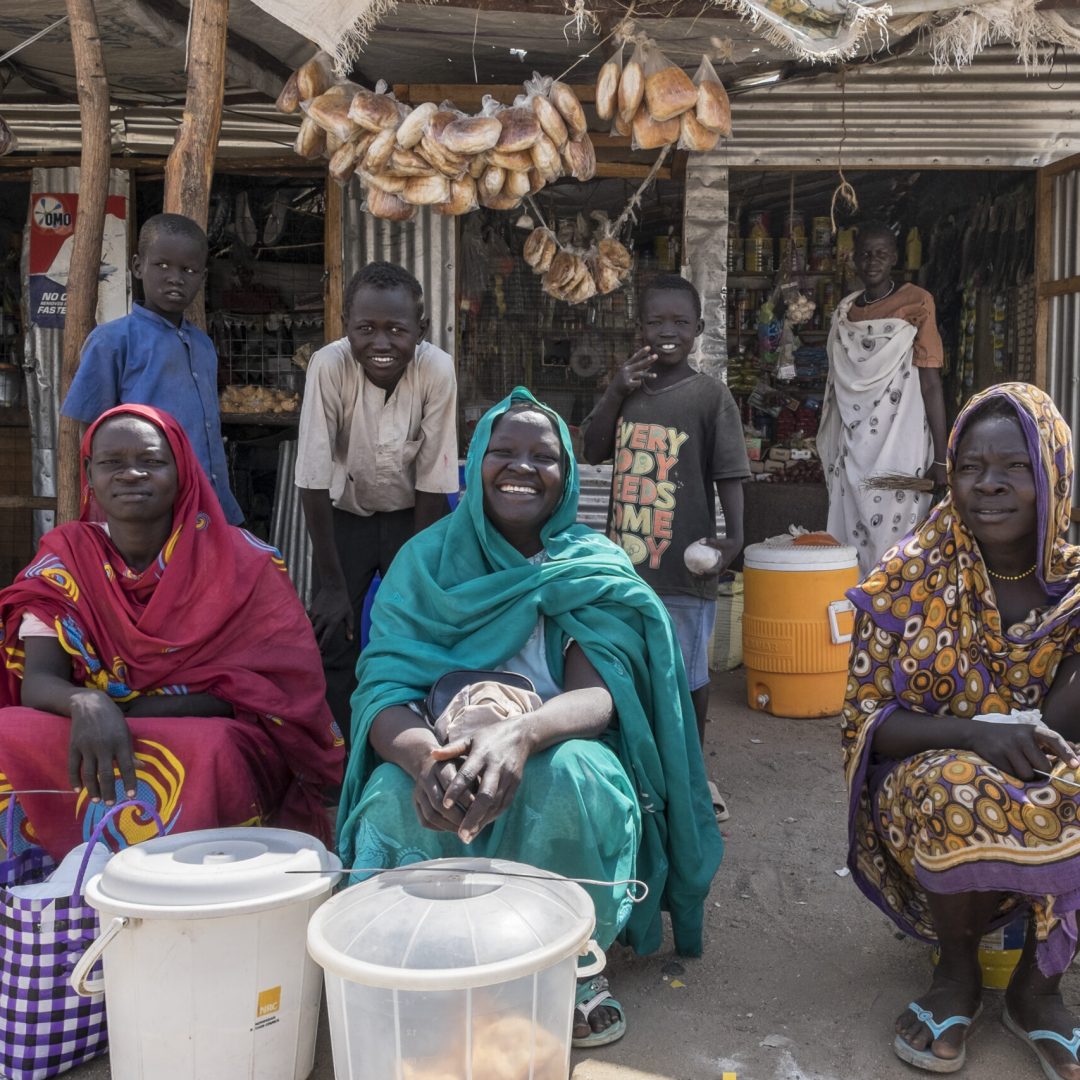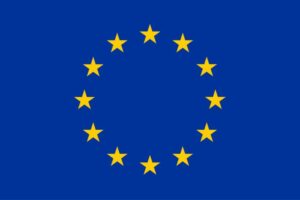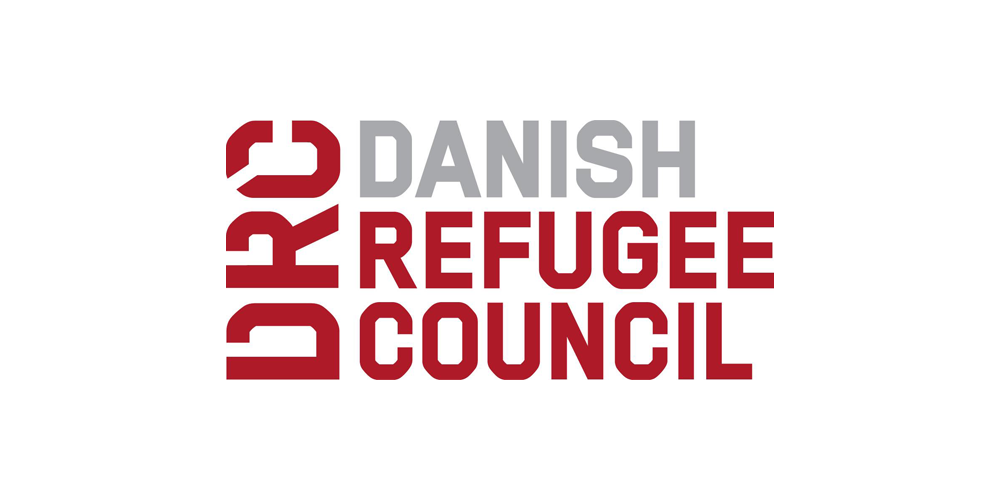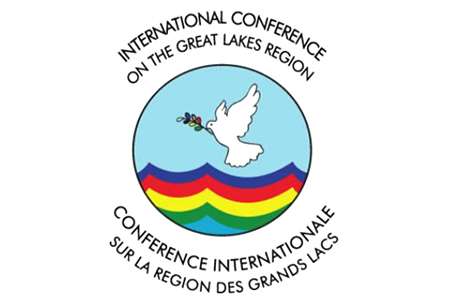
Great Lakes
Established in 2020, the ReDSS Great Lakes Unit was founded as a coordination and information hub to increase the displacement-affected communities’ potential to integrate sustainably and live safe, dignified, and productive lives. The overall objective is to improve durable solutions programming and policies to support their inclusion.
Brief overview of displacement in the Great Lakes
Displacement in the Great Lakes (Democratic Republic of the Congo (DRC), Burundi, Uganda, Tanzania, and Rwanda) is a complex combination of old and new displacements centred around the conflict in DRC, Burundi and Rwanda. National governments are grappling with returns and catering for newly returned refugees amid complex regional politics. Millions have fled conflicts in Sudan, Ethiopia, Somalia, and the DRC, as well as floods and droughts exacerbated by climate change. The region’s displacement crisis is a result of various factors, including armed conflict, political instability, and environmental hazards. The displacement profile of the Great Lakes region is characterized by a significant and complex humanitarian crisis, necessitating comprehensive and sustained efforts to address the needs of the affected population.
Source: A sum of individual country profiles from UNHCR, updated 2022-2023
Past Achievements
Since its inception, the unit of the ReDSS Great Lakes focus has been on creating an effective coordination platform through coordination meetings, sharing of information, and developing actions to implement the regional shared strategy. Specifically, ReDSS GL held the following activities to reinforce the capacities of a variety of stakeholders over the last four years:
- The organisation of durable solutions training for Heads of Programs, Country Directors and field staff from the ten INGOs members of the ReDSS in Bujumbura;
- The participation and contribution of the ReDSS GL in a three-day training on ‘Access to Land and Property Ownership’, hosted by IOM;
- A three-day training to validate the ‘Strategie Nationale de Reintegration Socio-Economique des Personnes Sinistrées au Burundi (2022-2027)’;
- Five trainings on durable solutions and the implementation of the Burundian National Strategy at the provincial levels to the benefit of the ‘Groupes de Travail pour les Solutions Durables au niveau Provincial’ (GTSD-P);
- A regional peer-learning event in Burundi on comprehensive durable solutions for refugees in the Great Lakes region to the benefit of ICGLR member states representatives;
- A durable solutions training for INGOs members of the ReDSS GL in Uganda;
- Participation and facilitation in the ICGLR-UNHCR experts conference on ‘Eradication of statelessness and Access to Documentation in the Great Lakes region’ in Kenya and
- The organisation of a training of trainers on comprehensive durable solutions for representatives of ICGLR member states and the ICGLR Secretariat in Kenya.
Current Priorities
From 2023, the ReDSS Great Lakes Unit will be focusing on a European Union Funded project that aims to support a regional multi-sectoral response for durable solutions to the Burundian refugee crisis in five countries (Burundi, DRC, Rwanda, Uganda and Tanzania). In particular, it will:
- Enhance the scope of application of durable solutions for refugees and returnees in the Great Lakes region through national and regional learning exchanges with the view of adopting the ICGLR regional strategy on durable solutions for refugees in the Great Lakes.
- Reinforce the capacities of relevant stakeholders at both the national and regional level on durable solutions for refugees and returnees in the Great Lakes.
- Enhance knowledge on themes pertaining to durable solutions for refugees and returnees in the Great Lakes region through the production of research.
Our Partners
Our work in the Great Lakes would not be successful without our partners. They include our members, government entities, donors, academia, and other peers within the durable solutions space.



